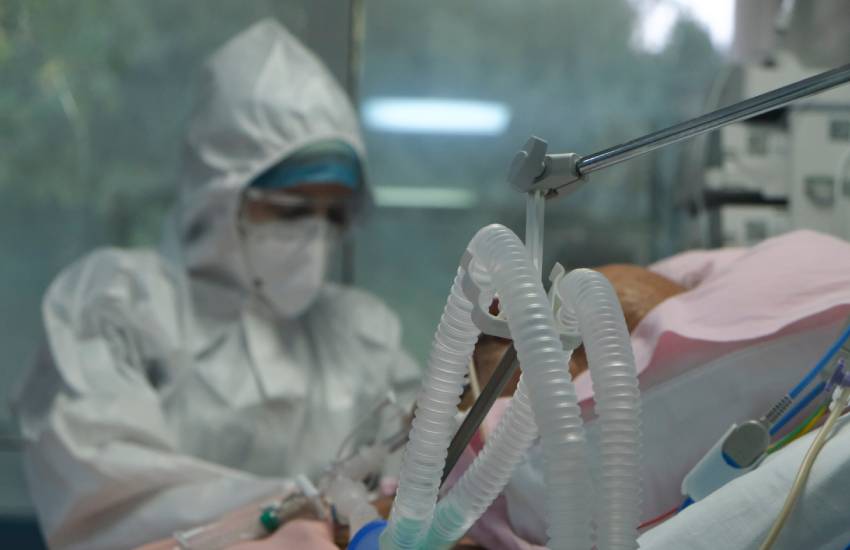×
The Standard e-Paper
Stay Informed, Even Offline

When the World Health Organisation declared Covid-19 a pandemic in mid-March 2020, intensive care units in Kenya started witnessing an influx of severely ill patients. Even though the virus was taking a toll on countries like China and Italy, there was still minimal knowledge about how the virus affected patients and the threat it posed to medics.
In the ensuing months, doctors got a better grasp of Covid-19 and an improved sense of intervention to use and how to conquer their fears of contracting coronavirus.